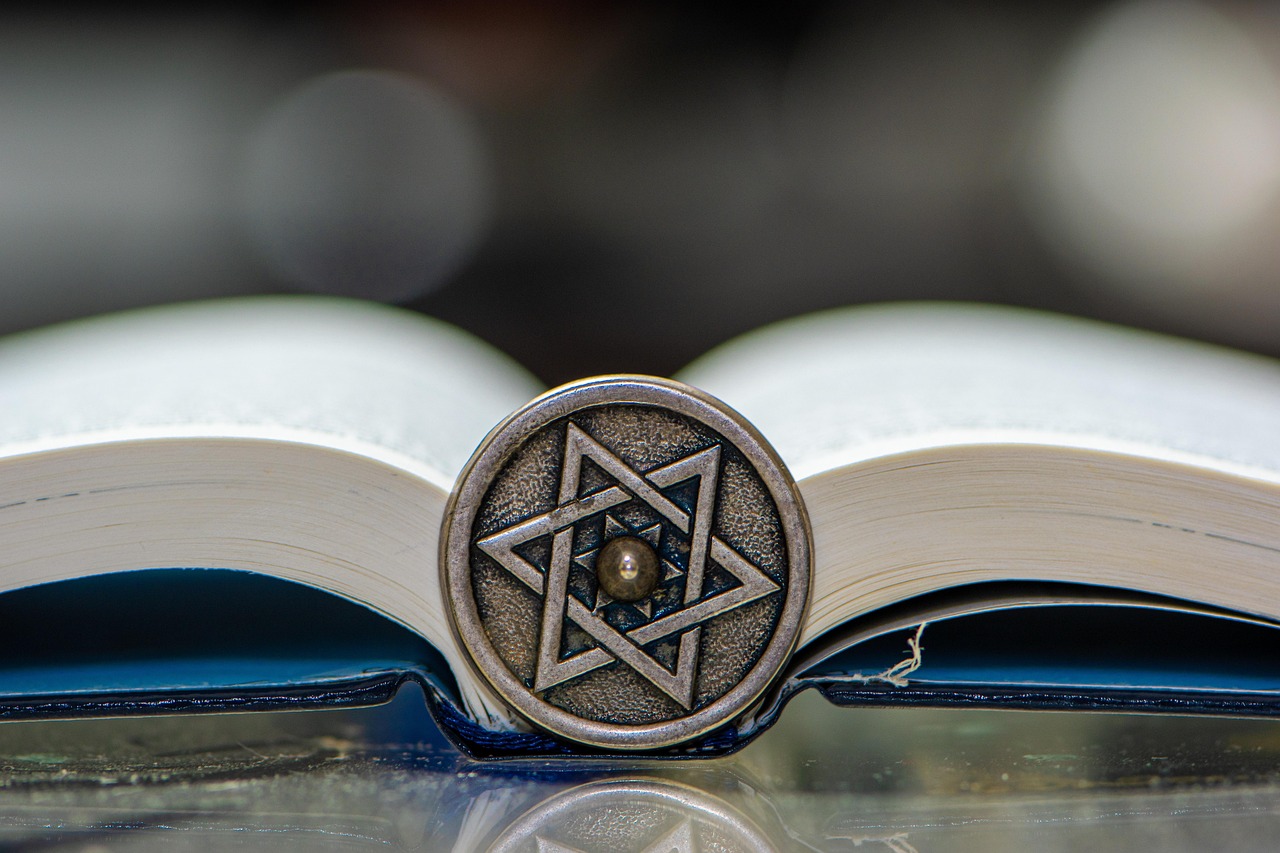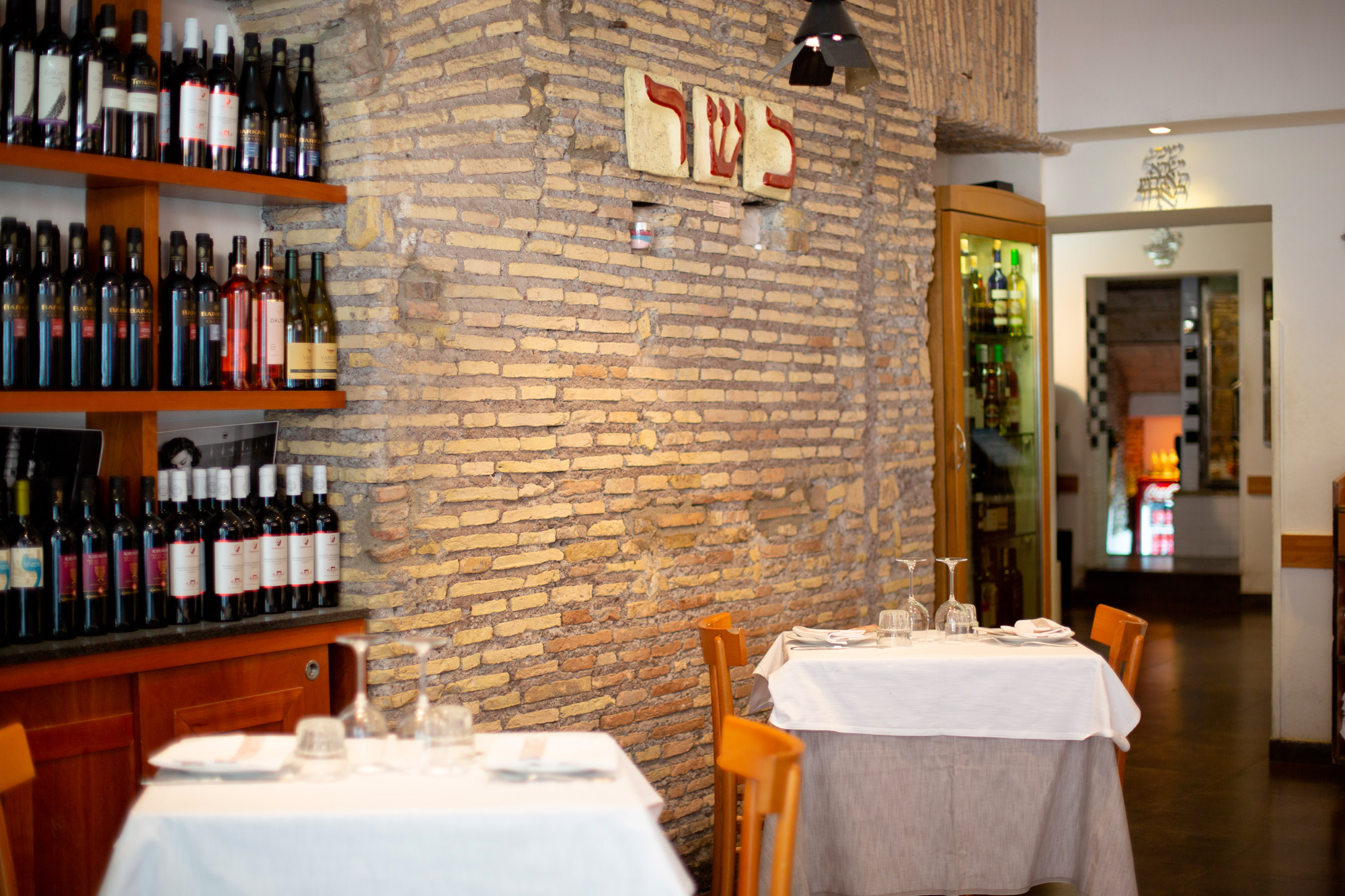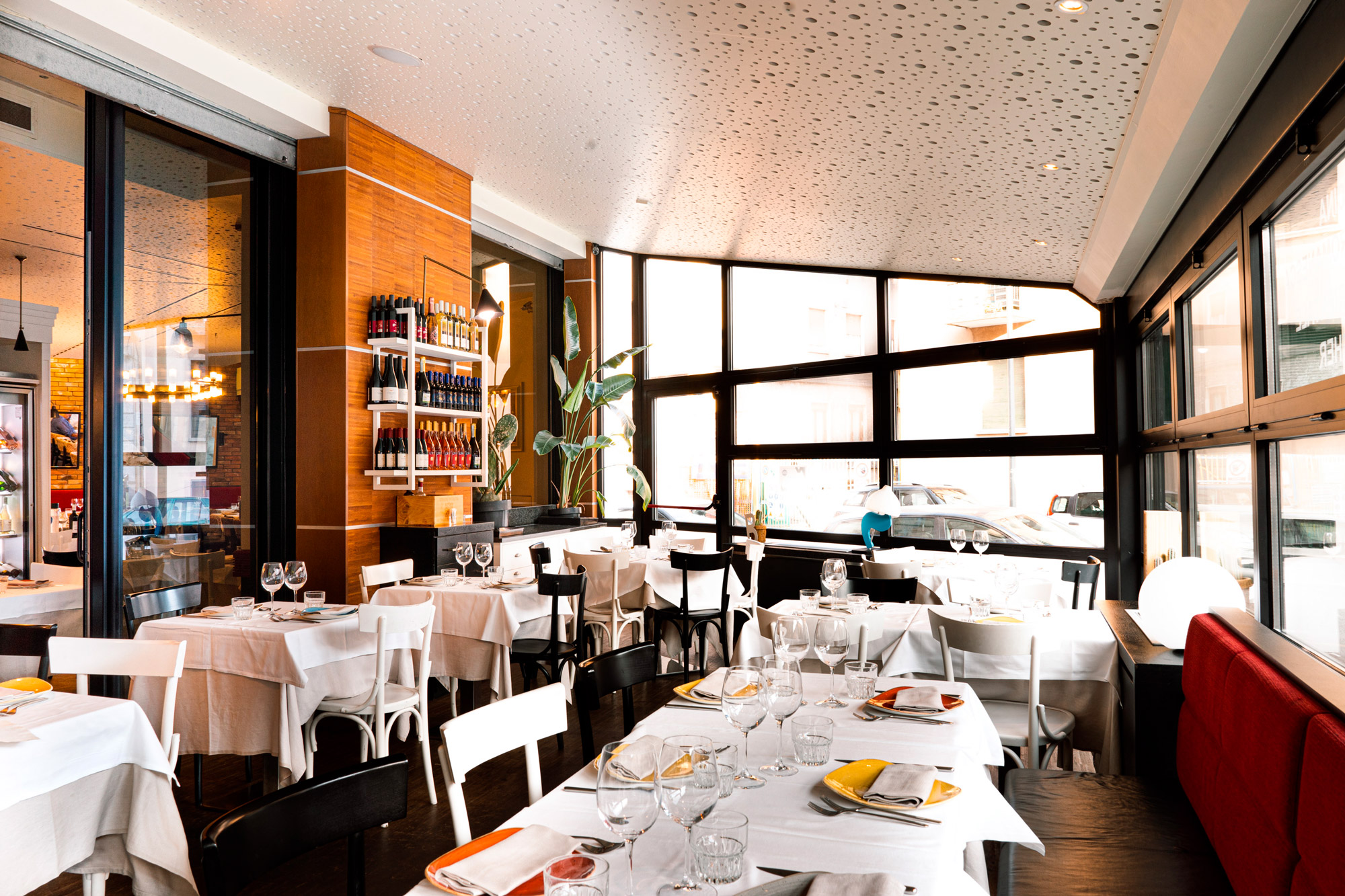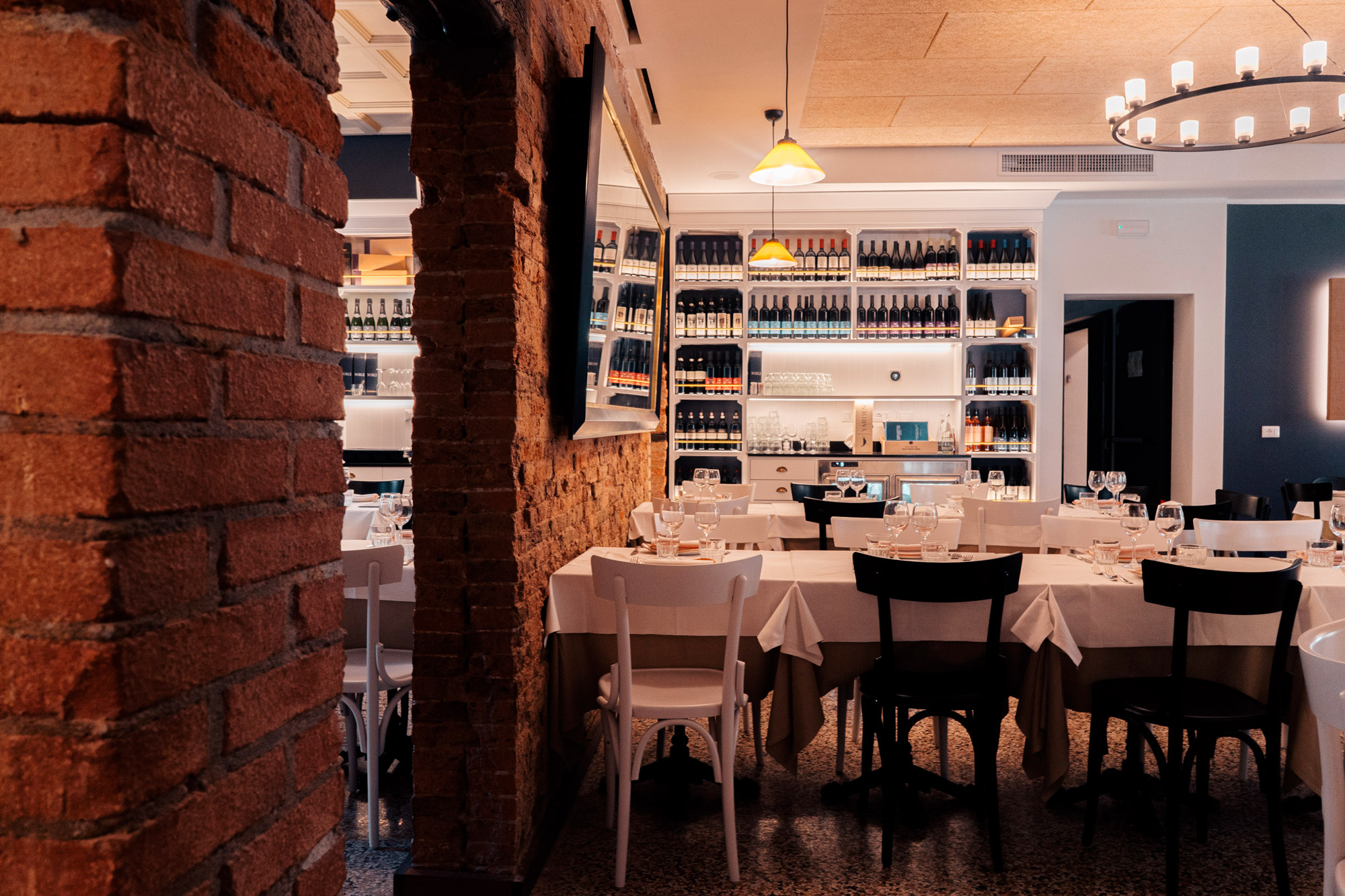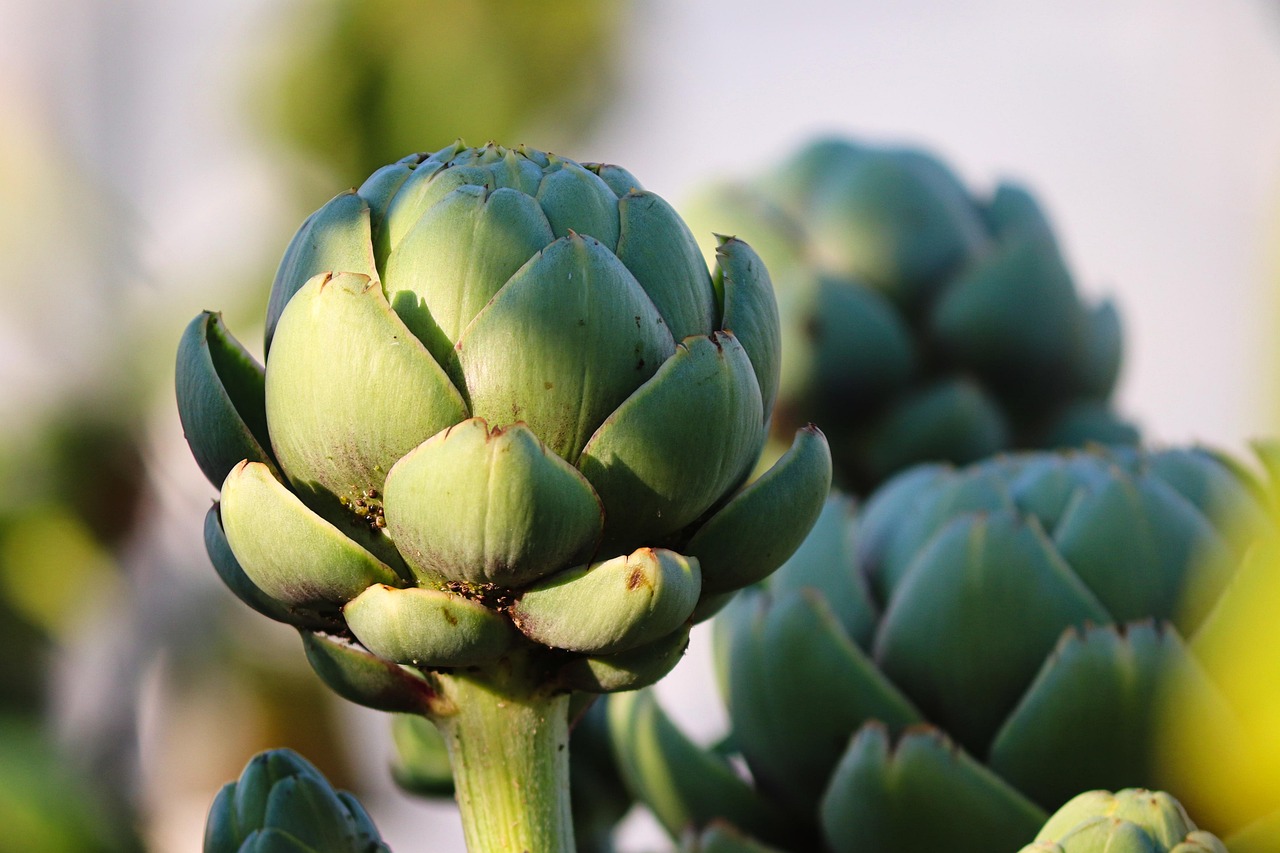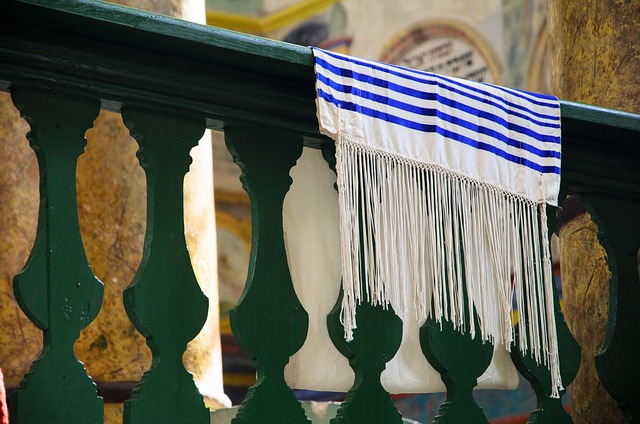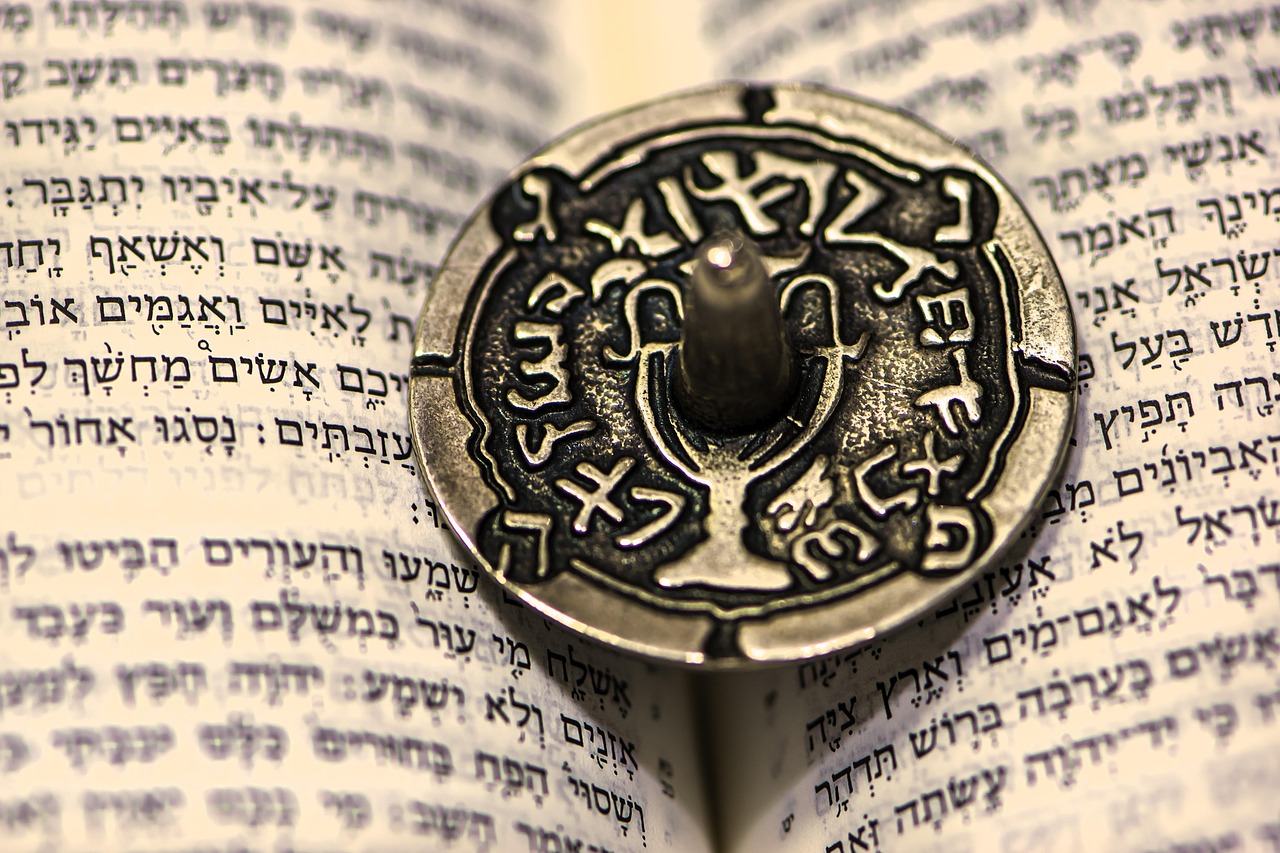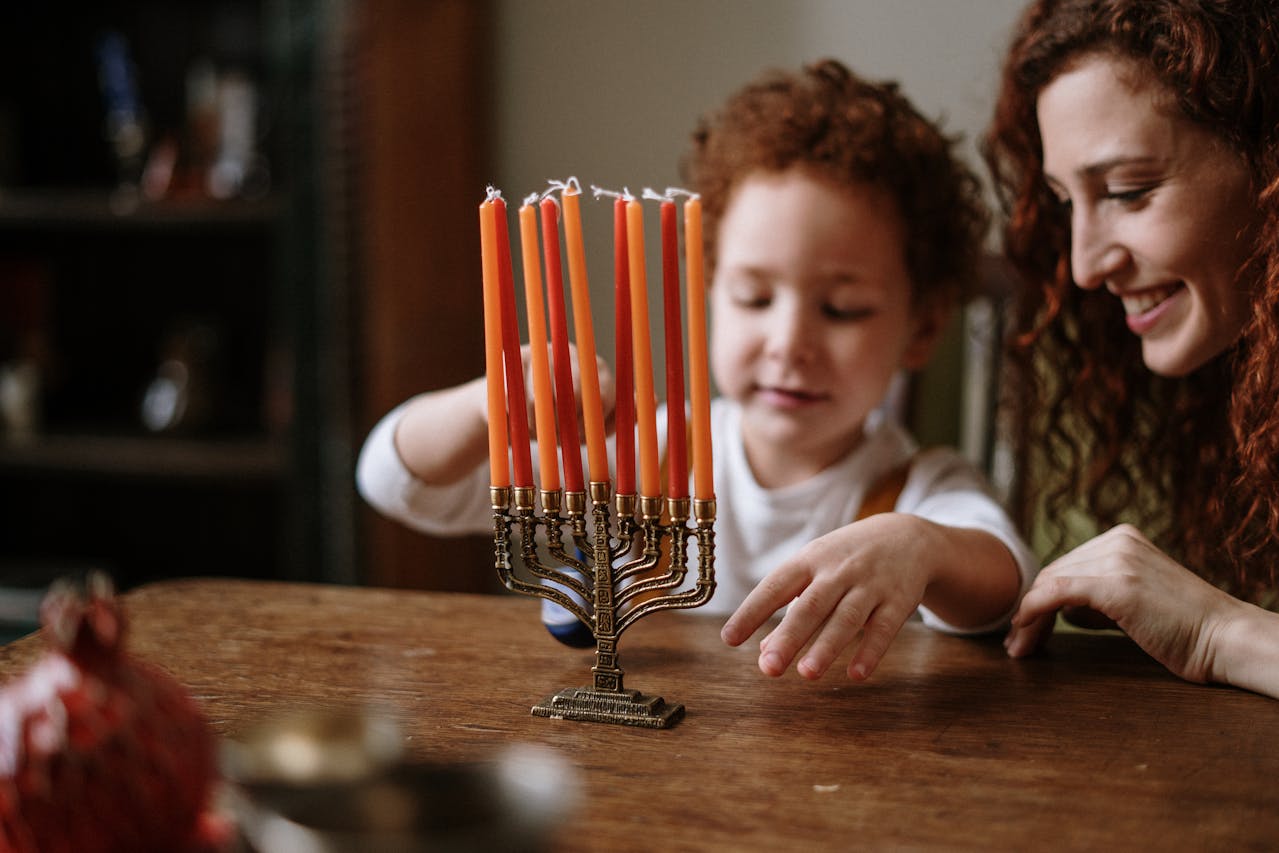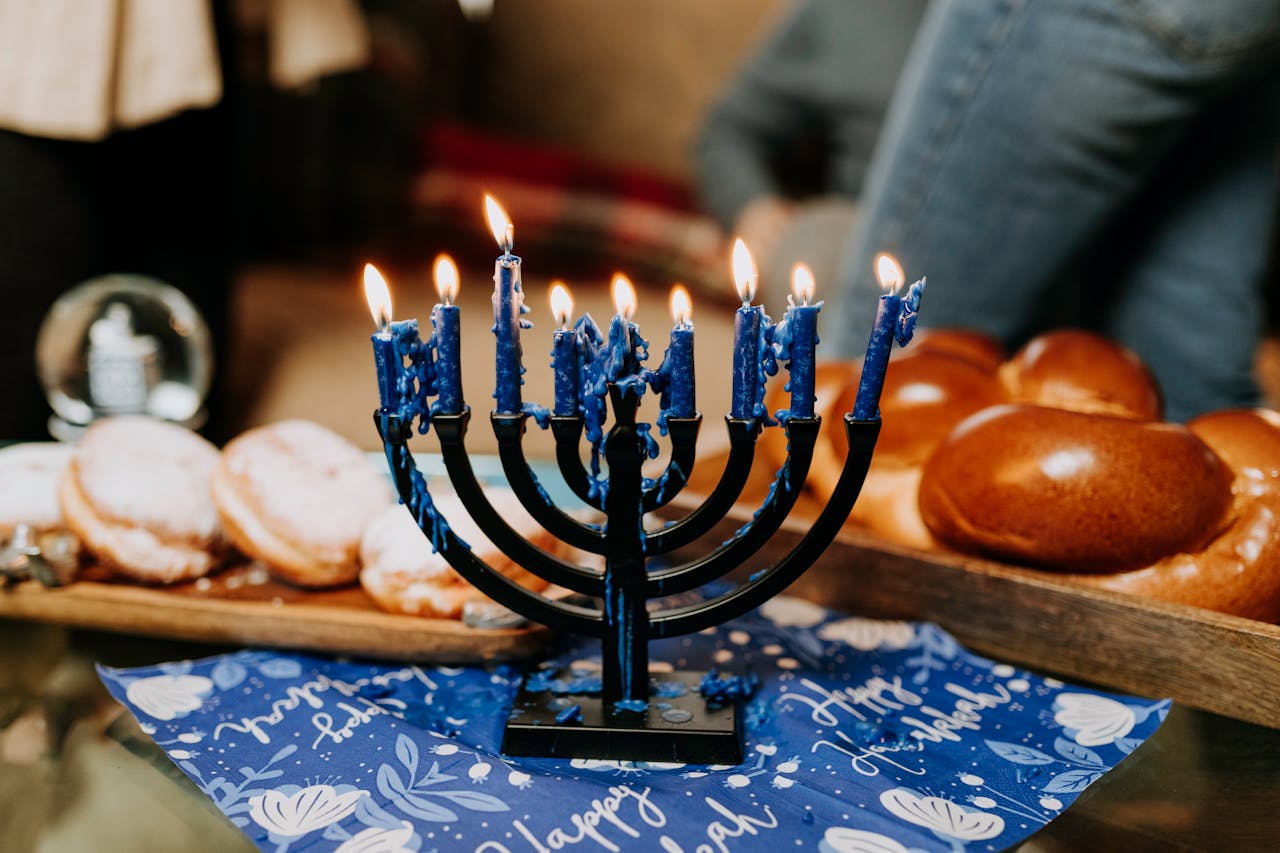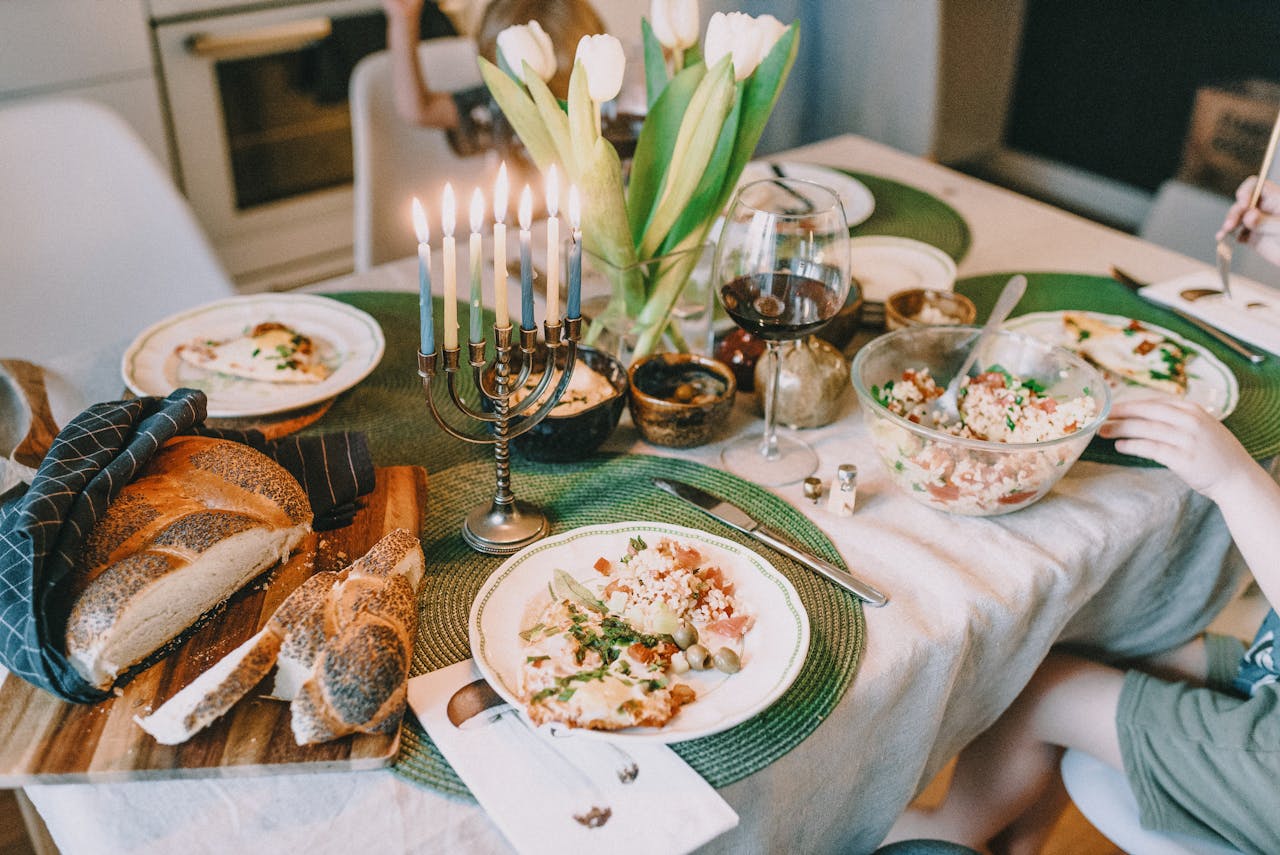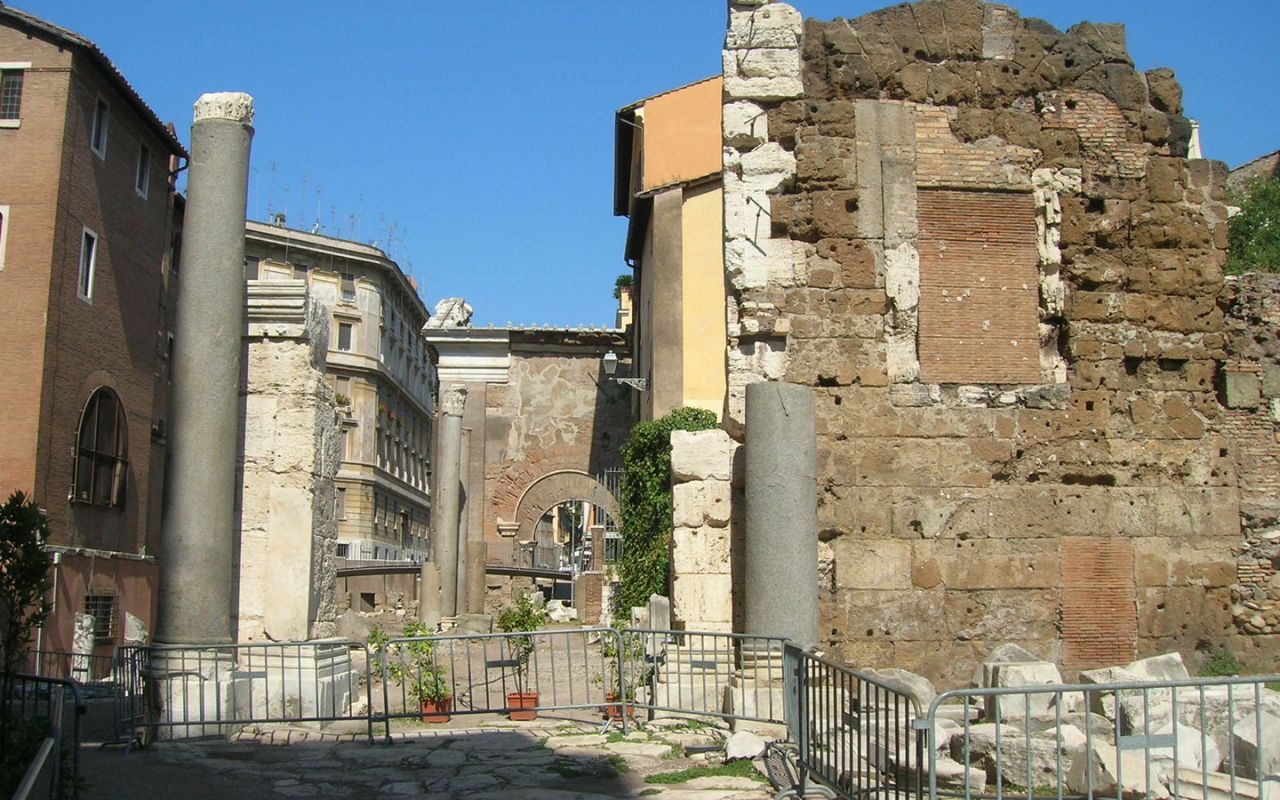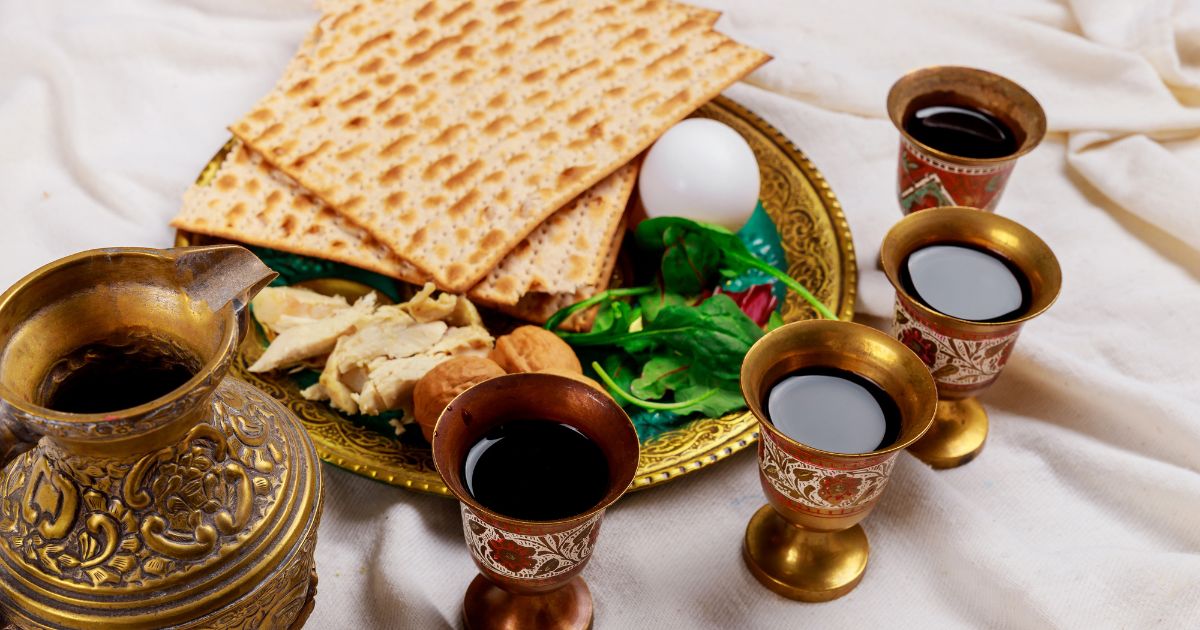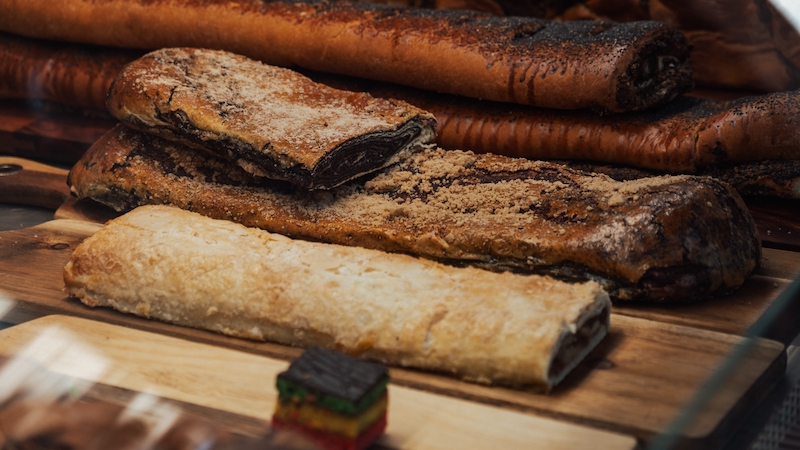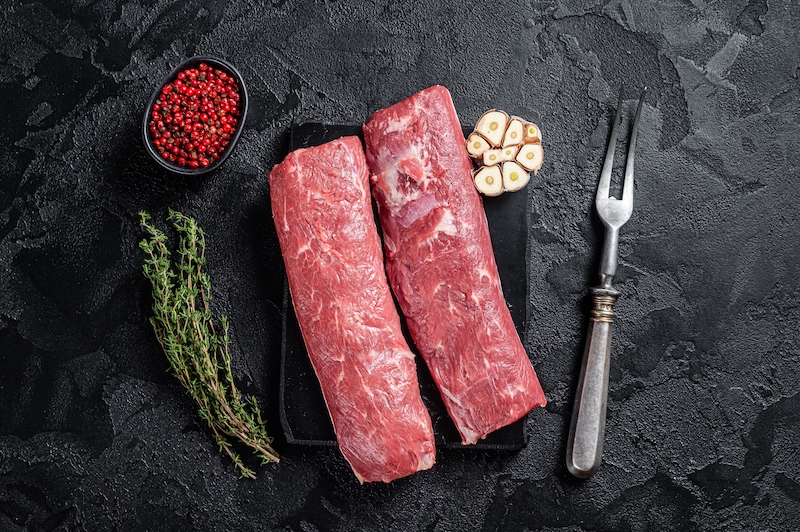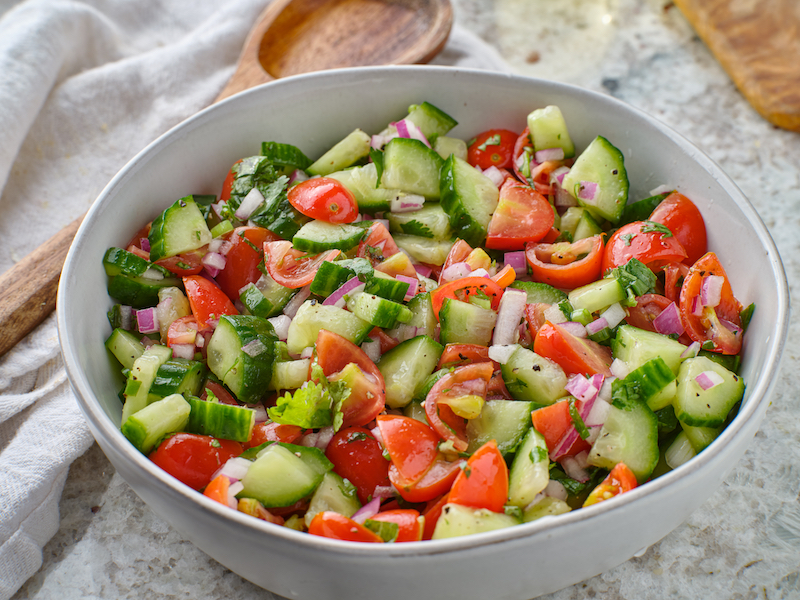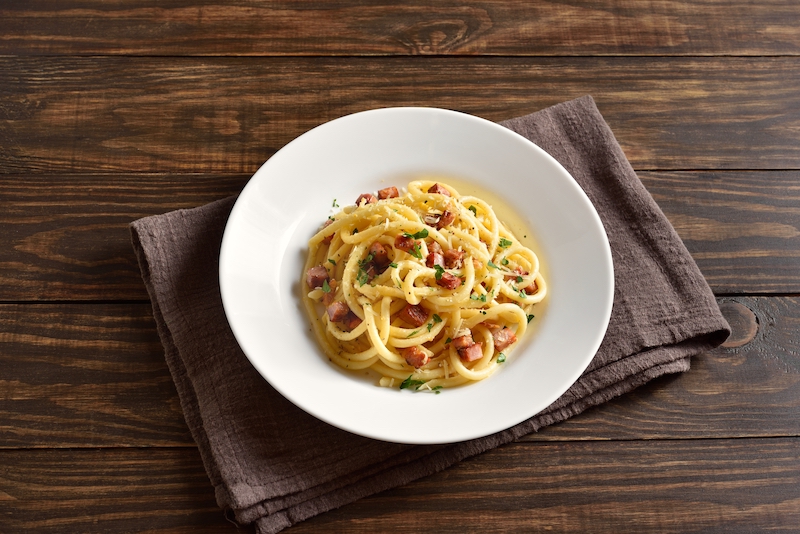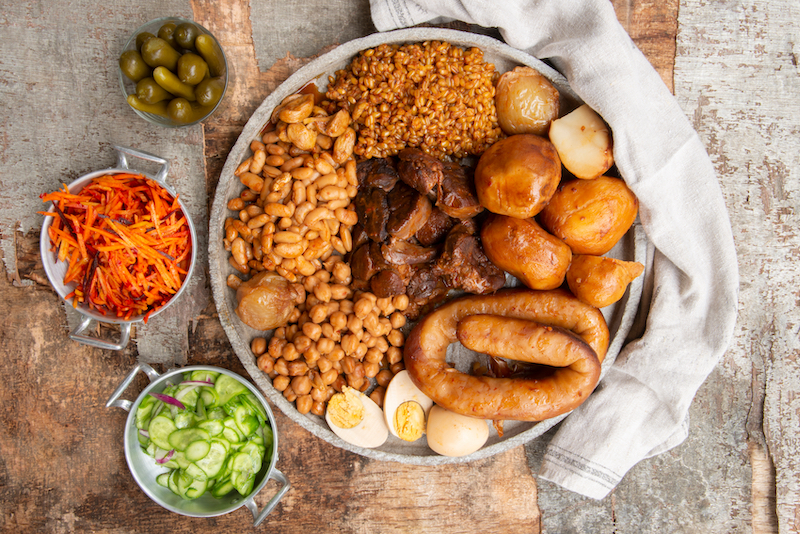Knowing the Jewish religious holidays is essential not only for those who belong to the Jewish community but also for anyone working in fields where awareness of the interfaith calendar is necessary: schools, universities, public institutions, employers, law firms, and professionals. The Hebrew calendar 5786, which covers the period between September 2025 and September 2026, includes a series of celebrations that mark sacred time and commemorate central moments in Jewish history and tradition.
In this article, you will find a complete table of Jewish holidays 2025–2026, along with insights into their meaning, the differences between the Hebrew and Gregorian calendars, and answers to the most frequently asked questions.
Table of Jewish Holidays 2025–2026
| Holiday | Date (Gregorian calendar) | Notes and Eve |
|---|---|---|
| Rosh HaShanah (Jewish New Year) | September 23–24, 2025 | Eve: September 22, 2025 |
| Fast of Gedaliah | September 25, 2025 | Day after Rosh HaShanah |
| Yom Kippur (Day of Atonement) | October 2, 2025 | Eve: October 1, 2025 |
| Sukkot (Feast of Tabernacles) | October 7–14, 2025 | Eve: October 6, 2025 |
| Shemini Atzeret and Simchat Torah | October 14–15, 2025 | Conclusion of Sukkot |
| Chanukkah (Festival of Lights) | December 15–22, 2025 | Eve: December 14, 2025 |
| Fast of the 10th of Tevet | December 30, 2025 | Winter fast day |
| Tu BiShvat (New Year of the Trees) | February 2, 2026 | Celebration linked to nature |
| Fast of Esther | March 2, 2026 | Precedes Purim |
| Purim | March 3, 2026 | Celebration of Jewish salvation |
| Fast of the Firstborn | April 1, 2026 | On the eve of Passover |
| Pesach (Passover) | April 2–9, 2026 | Eight-day festival |
| Yom HaShoah (Holocaust Remembrance Day) | April 14, 2026 | Commemoration of Shoah victims |
| Yom HaZikaron (Memorial Day for the Fallen Soldiers) | April 21, 2026 | Eve of Yom HaAtzmaut |
| Yom HaAtzmaut (Israel Independence Day) | April 22, 2026 | National celebration |
| Lag BaOmer | May 5, 2026 | Bonfires and celebrations |
| Shavuot (Pentecost) | May 22–23, 2026 | Eve: May 21, 2026 |
| Fast of the 17th of Tammuz | July 2, 2026 | Beginning of the “Three Weeks” of mourning |
| Tish’a B’Av (9th of Av) | July 23, 2026 | Eve: July 22, 2026 |
| Rosh Chodesh Elul | August 13–14, 2026 | Beginning of the month of Elul |
Why Do Jewish Holidays Change Dates Every Year?
Many people ask: “Why do Jewish holidays fall on different days of the Gregorian calendar each year?”
The answer lies in the fact that the Hebrew calendar is lunisolar, combining the lunar cycle with the solar cycle. As a result, holidays fall on different civil dates each year but remain fixed within the Jewish calendar.
Main Jewish Holidays Explained
Rosh HaShanah: The Jewish New Year
Celebrated in the month of Tishri, it marks the beginning of the Jewish year. It is a time of introspection and prayer, when the shofar (ram’s horn) is blown to call the faithful to spiritual renewal.
Yom Kippur: The Day of Atonement
Considered the most solemn holiday in the Jewish calendar, Yom Kippur is a day of fasting and prayer dedicated to reflection, repentance, and reconciliation with God and others.
Sukkot: The Feast of Tabernacles
It recalls the 40 years the Jewish people spent in the desert. During this week, families build the sukkah, a temporary hut where meals are eaten and sometimes people sleep.
Simchat Torah: The Joy of the Torah
Marks the completion and new beginning of the annual Torah reading cycle. It is celebrated with songs, dances, and festive gatherings in synagogues.
Chanukkah: The Festival of Lights
Celebrates the victory of the Maccabees and the rededication of the Temple in Jerusalem. For eight nights, the chanukkiyah, a nine-branched candelabrum, is lit.
Purim: The Festival of Salvation
Commemorates the events described in the Book of Esther, when the Jewish people were saved from destruction in Persia. It is a joyful celebration with costumes, traditional sweets, and the reading of the Megillah.
Pesach: Passover
Remembers the Exodus from Egypt and liberation from slavery. During the Passover Seder, the ritual meal, passages from the Haggadah are read, and symbolic foods are eaten.
Jewish Holidays and Daily Life
Jewish holidays also have practical consequences for those living or working closely with Jewish communities. During Shabbat and holy days, for example, work and commercial activities are suspended. This is also relevant for schools and universities, which must consider the religious calendar to ensure equal rights for observant students and faculty.
In Italy, Law No. 101 of 1989 governs relations between the State and Jewish communities and requires the official publication of the holiday calendar in the Official Gazette.
Kosher Diet and Jewish Cuisine
Jewish holidays are not only times of prayer but also occasions to celebrate with food. The kosher diet follows precise rules established by the Torah. These include:
- which animals may be eaten,
- how they must be slaughtered,
- the strict separation of meat and dairy.
During Passover, for example, leavened bread is forbidden, and matzah (unleavened bread) is eaten to symbolize the flight from Egypt. At Chanukkah, foods fried in oil such as sufganiyot (filled doughnuts) and latkes (potato pancakes) are prepared to recall the miracle of the oil.
Jewish cuisine thus becomes a bridge between religious law, historical memory, and conviviality, with variations across traditions: Ashkenazi, Sephardic, and Italian.
Book a Table at Ba’Ghetto and Taste Authentic Kosher Cuisine in Rome
If you want to experience the authentic atmosphere of Jewish holidays and discover real kosher cuisine in Rome, the right place is Ba’Ghetto, a historic restaurant in the heart of the Jewish Ghetto. Here you can enjoy traditional dishes such as carciofi alla giudia (Jewish-style artichokes), Sephardic and Ashkenazi specialties, and many sweets tied to the holidays.
Book a table at Ba’Ghetto now and immerse yourself in a cultural and culinary experience that blends history, faith, and unique flavors.
FAQ: Frequently Asked Questions about Jewish Holidays
What is the most important Jewish holiday?
Yom Kippur is considered the most solemn and significant, followed by Passover.
How long is the Yom Kippur fast?
The fast lasts about 25 hours, from the evening before until the following evening.
What is the difference between Sukkot and Simchat Torah?
Sukkot lasts seven days and commemorates life in the desert. Simchat Torah, immediately following, celebrates the Torah and the completion of the annual reading cycle.
Why does Chanukkah last eight days?
To remember the miracle of the oil, which, according to tradition, burned in the Temple for eight days even though it was enough for only one.


